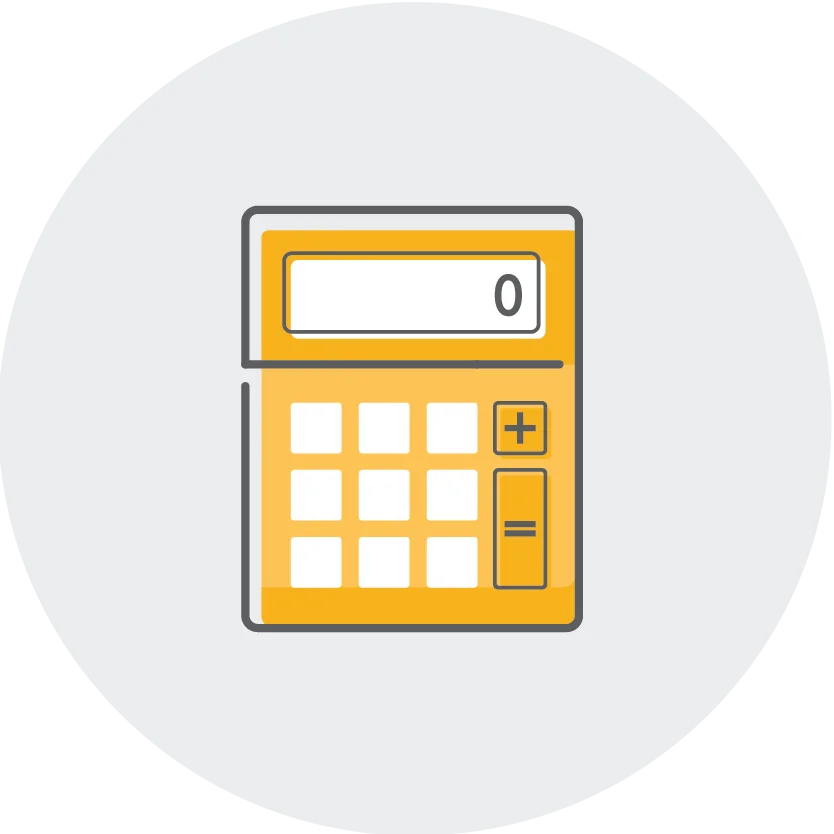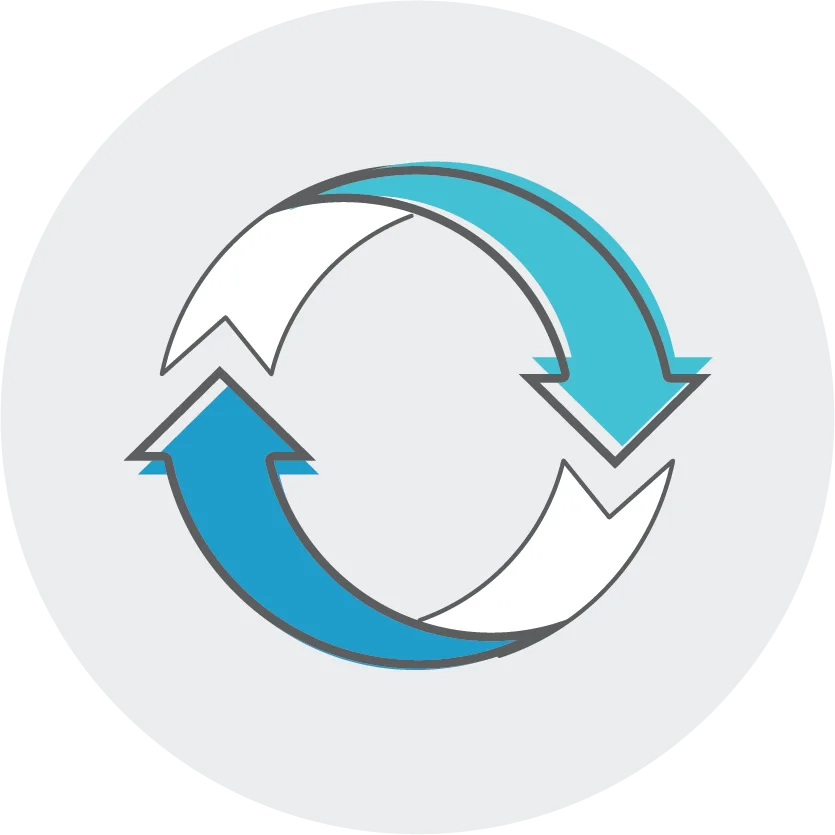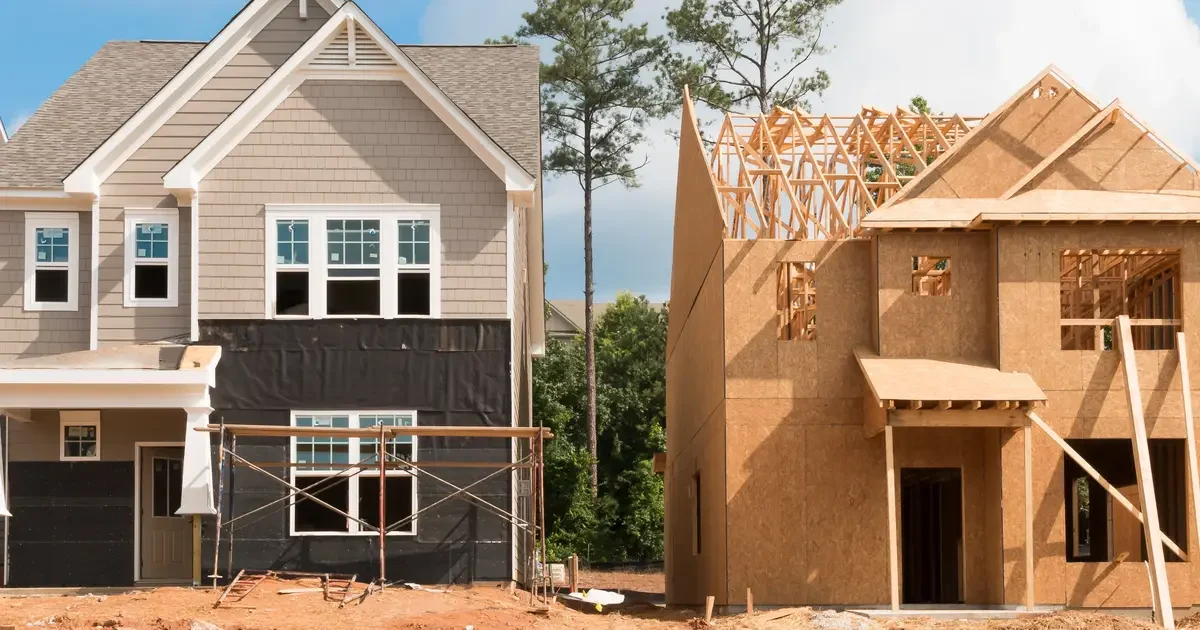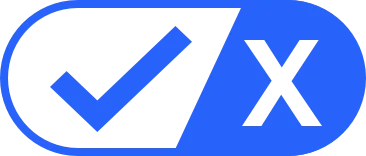Many Americans are burdened with unsecured debt. High-interest credit cards, car payments and student loans are just three types of debt that can be obstacles that prevent a homeowner from taking control of their finances. Some homeowners turn to personal loans to consolidate debt, and later face even higher bills because of unexpected fees and added interest. When mortgage interest rates decline, there’s a unique opportunity for homeowners looking to pay off debt: a refinance. Consolidating debt into a mortgage is easier than you think.
Can You Refinance Your Mortgage to Consolidate Debt?
The short answer is, yes. You can refinance your mortgage to consolidate debt. If you are a current homeowner seeking options to consolidate debt, you may not realize that taking out a personal loan is not your only option. In fact, as long as you have established enough equity in your home, you can refinance to consolidate debt.
What is a Debt Consolidation Refinance?
A debt consolidation refinance is formerly known as a cash-out refinance. One of the reasons it’s also referred to as a debt consolidation refinance is because many borrowers, who utilize this loan, apply the funds they receive to pay off other debt.
A cash-out refinance is a type of mortgage loan. Similar to other refinance loans, a cash-out refinance will replace your current mortgage. The key difference however is that the new loan will be for a greater amount than your current loan. The difference frees up a portion of your existing home equity in cash. A cash-out refinance can be a smart financial decision for anyone looking to take advantage of their home’s equity to pay off high-interest debt that could be negatively impacting your ability to pay monthly bills or hurting your credit score.
Should I Refinance My Home to Consolidate Debt?
Before you refinance your home to consolidate debt, you should evaluate your goals and connect with an experienced and licensed lender to help you review your eligibility. As you analyze your financial goals, think about what might be preventing you from achieving them right now.
For most Americans, credit cards are the preferred method of payment in day-to-day transactions because of their perceived convenience, as well as enticing incentives like cash back and other rewards. Credit card debt exceeded $466 billion in the U.S. in 2019. The average amount of credit card debt per person in 2019, for Americans who have at least one credit card, was $5,673 in 2019. Recent surveys indicate that one-third of Americans believe it will take anywhere from 6 -20 years to pay off their credit card debt. High interest rates can be crippling each month. And if you’re only making minimum payments on your credit cards, you’ll likely be paying thousands of dollars in interest every year.
Refinancing your mortgage can be an opportunity to consolidate debt, and transition from paying 15-24% in monthly interest to less than 4%. Mortgage interest rates have remained near historic lows, and this is an ideal time to capitalize on the savings benefits a cash-out refinance could represent for your overall budget. Not only could a cash-out refinance help you consolidate your debt, it could also help you reduce monthly expenses.
How Do I Refinance My Mortgage and Consolidate Debt?
In most cases, as long as you have established at least 20% equity in your home and have successfully made payments on time for the last six months, you may be eligible to apply for a cash-out refinance loan. Your home can gain equity in two ways. One, with changes in the real estate market, home values can appreciate over time, which would increase your equity. Two, as you make monthly payments towards your mortgage, you pay towards your principal balance. As the principal balance on your mortgage decreases, your equity increases.
You may be wondering, “How does a refinance for debt consolidation work?” Unlike a second mortgage or a personal loan, a cash-out refinance does not add an additional bill to your monthly expenses. Instead, a cash-out refinance will replace your current mortgage. Your new loan amount will be greater than what you currently owe. After closing, you’ll receive the access as liquid assets you can use to pay off other debt. Your monthly mortgage payment would then be helping you pay down both your high-interest unsecured debt and your home loan.
Take Control of Your Debt with a Refinance
Consolidating debt through a mortgage refinance can be a powerful financial strategy to lower interest rates, reduce monthly payments, and simplify debt management. If high-interest credit card balances or personal loans are keeping you from reaching your financial goals, a cash-out refinance could be the solution you need.
At Mutual of Omaha Mortgage, we’re here to help you explore your options and find the best refinancing solution for your needs. Contact us today for a free consultation and take the next step toward financial freedom!











